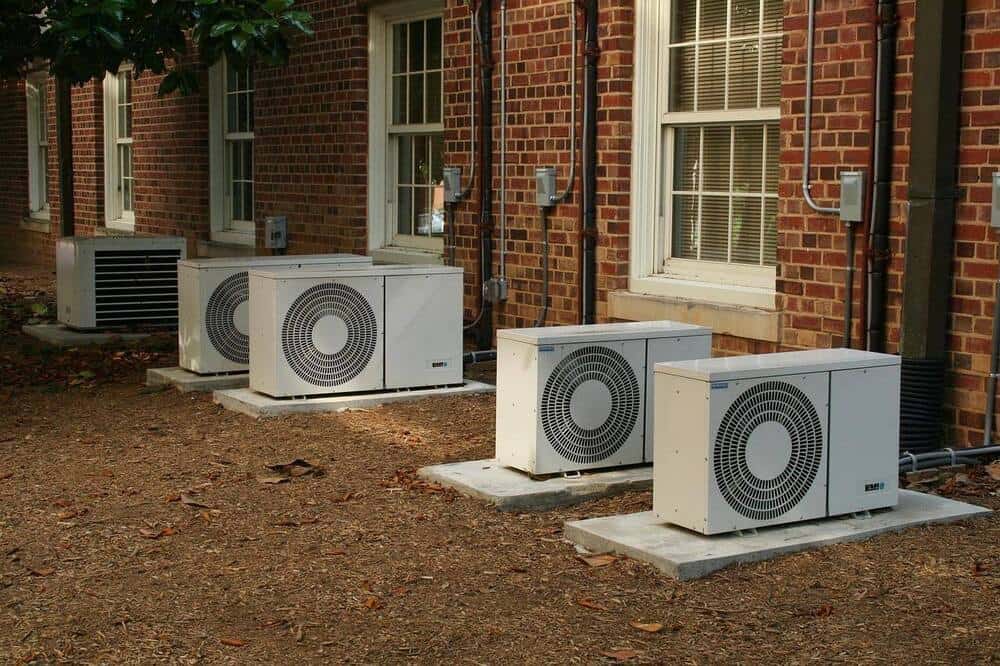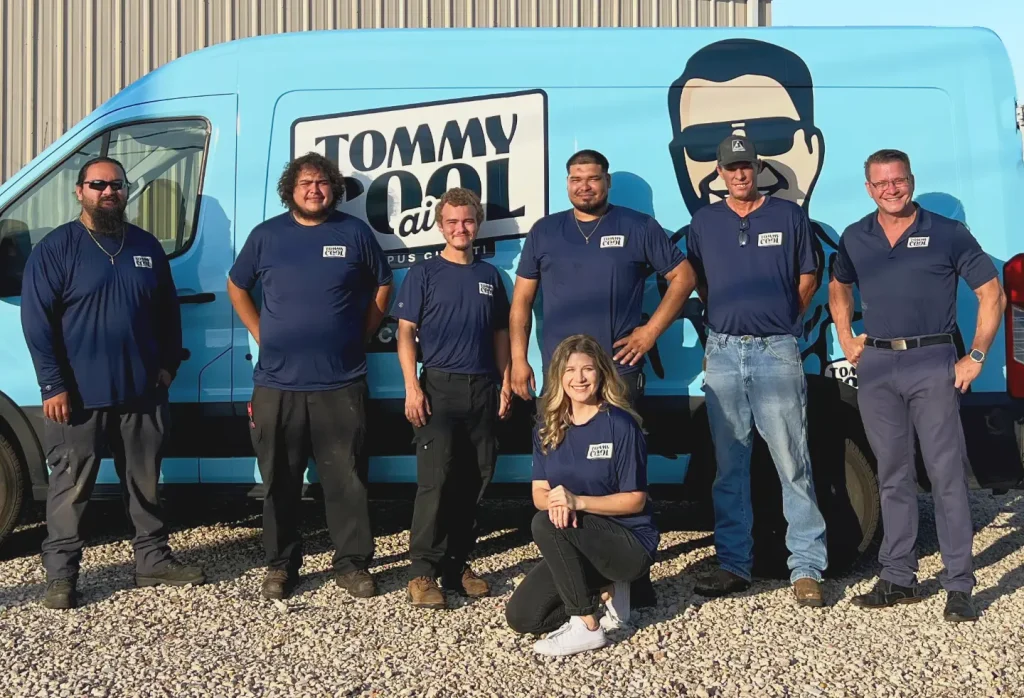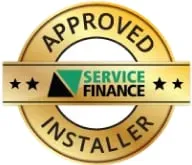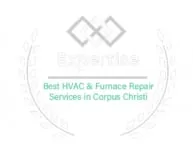Your home’s air conditioning system is vital, especially during the hot summer months. When your outside AC unit isn’t working correctly, it can be frustrating and uncomfortable. Understanding the reasons, potential solutions, and when to call for professional help can save you time, money, and hassle.
Outside AC Unit Not Working at All:
If your outside AC unit isn’t turning on, there are a few potential causes. Firstly, check the power source. Ensure the unit receives power and the circuit breaker hasn’t tripped. If power isn’t the issue, it could be a faulty thermostat or wiring problem. To safely identify and resolve the problem, contact a licensed HVAC specialist.
Outside AC Unit Fan Not Spinning:
When you notice that the fan on your outside AC unit isn’t spinning, but the inside unit is running, it indicates a problem with the fan motor or capacitor. Before calling a professional, check for any debris obstructing the fan blades. If the blades are transparent, the issue likely needs expert care to replace or repair the capacitor or fan motor.
Outside AC Unit Making Unusual Noises:
Strange noises from your outdoor AC unit can be alarming. Common causes include loose components, damaged fan blades, or failing motors. To stop more damage, switch off the unit right away. Once they have identified and resolved the issue, promptly schedule an appointment with an HVAC specialist.
Outside AC Unit Frozen:
If you notice ice buildup on your outdoor AC unit, it shows airflow restriction or refrigerant issues. Turn off the system to allow the ice to melt, then check for clogged filters, blocked vents, or low refrigerant levels. While you can troubleshoot some airflow issues, refrigerant-related problems require professional attention.
Outside AC Unit Not Cooling Properly:
Several factors could be at play when your outdoor unit is running, but your home needs to be cooling effectively. Dirty coils, refrigerant leaks, or a malfunctioning compressor are common culprits. While you can clean the coils yourself, a licensed HVAC technician should address refrigerant leaks and compressor issues.
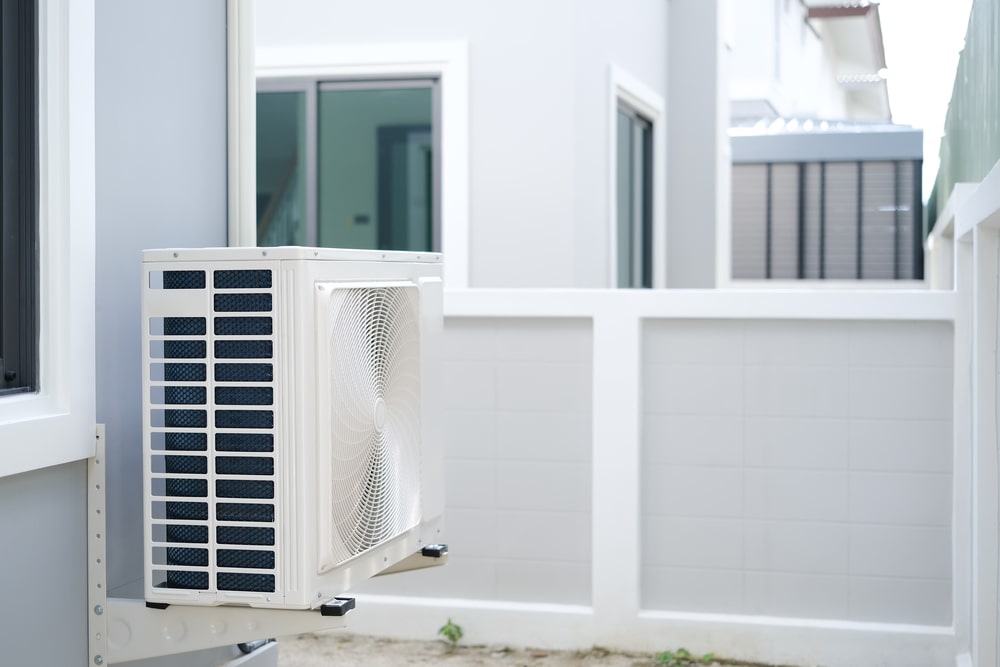
When to Call the Pros
Electrical Problems:
Suppose you suspect electrical issues with your outdoor AC unit, such as flickering lights when the unit turns on, unusual sounds coming from the electrical panel, or visible damage to wiring or connections. Working with electricity may be risky, mainly when working with high-voltage systems like your air conditioner. With their training, HVAC professionals can safely identify and fix electrical issues, reducing the possibility of shocks from electricity or fires.
Refrigerant Leaks:
Signs of a refrigerant leak include:
- Reduced cooling performance.
- Hissing or bubbling sounds near the unit.
- Ice buildup on the outdoor coils.
Handling refrigerants requires specialized knowledge, equipment, and certification. HVAC professionals have the expertise and resources to identify and repair leaks and safely handle and dispose of refrigerant according to environmental regulations.
Complex Repairs:
Critical components like the compressor, reversing valve, or fan motor are having issues. Symptoms may include loud or unusual noises, complete failure of the unit to operate, or inconsistent cooling performance.
Complex repairs often require specialized tools, diagnostic equipment, and technical expertise. HVAC technicians have the training and experience to accurately diagnose the problem and perform repairs or replacements efficiently and effectively.
Warranty Coverage:
If your outdoor AC unit is still under warranty and you’re experiencing issues covered by the warranty terms.
Attempting DIY repairs on a unit under warranty may void the warranty coverage. HVAC professionals can perform warranty-compliant maintenance and ensure that your warranty remains valid.
DIY Attempts Have Failed:
If you’ve attempted DIY troubleshooting and repairs, the problem persists or worsens. Continuing to tinker with your outdoor AC unit can do more harm if not done with the appropriate knowledge or safety hazards. HVAC technicians can assess the situation, correct any mistakes made during DIY attempts, and effectively resolve the issue.
Preventive Maintenance and Tune-Ups
Regular maintenance tasks such as cleaning coils, lubricating moving parts, and checking refrigerant levels are best left to professionals. HVAC technicians have the training and experience to perform comprehensive preventive maintenance tasks, ensuring your outdoor AC unit operates efficiently and reliably and helping to prevent costly breakdowns in the future.

